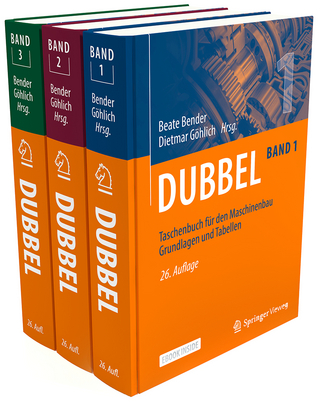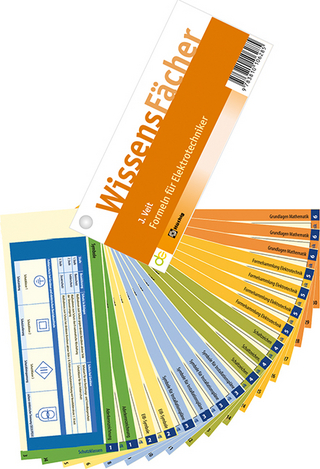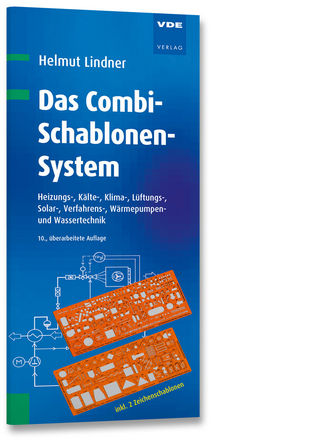
Handbook of Petroleum Processing
Springer International Publishing
978-3-319-14528-0 (ISBN)
This extensively updated second edition of the already valuable reference targets research chemists and engineers who have chosen a career in the complex and essential petroleum industry, as well as other professionals just entering the industry who seek a comprehensive and accessible resource on petroleum processing. The handbook describes and discusses the key components and processes that make up the petroleum refining industry. Beginning with the basics of crude oils and their nature, it continues with the commercial products derived from refining and with related issues concerning their environmental impact. More in depth coverage of many topics previously covered in the first edition, such as hydraulic fracturing or fracking as it is often termed, help ensure this reference remains a relevant and up-to- date resource.
At its core is a complete overview of the processes that make up a modern refinery, plus a brief history of the development of processes. Also described indetail are design techniques, operations and in the case of catalytic units, the chemistry of the reaction routes. These discussions are supported by calculation procedures and examples, which enable readers to use today's simulation-software packages. The handbook also covers off-sites and utilities, as well as environmental and safety aspects relevant to the industry. The chapter on refinery planning covers both operational planning and the decision making procedures for new or revamped processes. Major equipment used in the industry is reviewed along with details and examples of the process specifications for each.
An extensive glossary and dictionary of the terms and expressions used in petroleum refining, plus appendices supplying data such as converging factors and selected crude oil assays, as well as an example of optimizing a refinery configuration using linear programming are all included to aid the reader.
The 2nd edition of the Handbook of Petroleum
Processing is an indispensable desk reference for chemists and engineers as well as an essential part of the libraries of universities with a chemical engineering faculty and oil refineries and engineering firms performing support functions or construction.Steven A. Treese retired from Phillips 66 in 2013 as the Hydro processing Team Lead after 40 years; but continues to take on the occasional consulting assignment in process engineering and refining. He started his professional career with Union Oil Company of California in 1973 as a Research Engineer with a B.S. in Chemical Engineering from Washington State University. He followed company heritages through Unocal, Tosco, Phillips, ConocoPhillips and Phillips 66. Steve's range of experience includes catalyst development, hydro processing, hydrogen production, utilities, sulfur recovery, geothermal, shale oil, nitrogen fertilizers, process design, procurement and licensing. He is a licensed Professional Engineer. Steve has several publications, a few patents and was on the 1994 NPRA Question and Answer Panel. He is a member of the American Institute of Chemical Engineers. Steve's hobbies include woodworking, boating, fermentation and photography. He is a mentor for FIRST Robotics Team 624, CRyptonite, in Katy, Texas.Peter Pujadó retired from UOP LLC (a Honeywell subsidiary) in 2005 as Senior Manager/R&D Fellow responsible for the development and commercialization of technologies for the production of light olefins (ethylene and propylene) by the catalytic conversion of methanol. He started his career as a lecturer at the University of Manchester Institute of Science and Technology (UMIST) in Manchester, England; he then worked as a process engineer for SA Cros in Barcelona, Spain, in areas as diverse as chlorine, caustic, chlorinated hydrocarbons, ammonia, urea, nitric acid, and NPK fertilizers; he joined UOP LLC as a R&D process coordinator responsible for the production of cumene, phenol/acetone, aromatics isomerization, aromatics disproportionation and transalkylation, terephthalic acid, acrylonitrile, acetic acid, etc. After retirement from UOP LLC, he again worked as a lecturer at Northwestern University, Evanston, Illinois and has done some consulting in the petrochemicals area. Peter had graduated with an MS in Chemical and Petroleum Refining Engineering from the Colorado School of Mines, a PhD in Chemical Engineering from the University of Minnesota and an MBA from the University of Chicago; he is a licensed Professional Engineer and a Fellow member of the American Institute of Chemical Engineers. He is the author of over 95 papers and publications and of 44 patents. Peter’s hobbies include travel, mountain hiking and reading.
From the Contents: An introduction to crude oil and its processing.- Petroleum products and refinery configuration.- The atmospheric and vacuum crude distillation units.- The distillation of the "Light Ends" from crude oil.- Catalytic reforming.- Fluid catalytic cracking.
| Erscheint lt. Verlag | 4.8.2015 |
|---|---|
| Zusatzinfo | XVI, 1913 p. 745 illus., 162 illus. in color. In 2 volumes, not available separately. |
| Verlagsort | Cham |
| Sprache | englisch |
| Maße | 155 x 235 mm |
| Themenwelt | Technik ► Elektrotechnik / Energietechnik |
| Schlagworte | Carbon Capture Techniques • Catalytic Reforming of Petroleum • Design of Hydrotreating Reactors • Dimerization of Petroleum • Distillate Hydrocracking • Economics of Petroleum Refinement • Environmental Controls in Refineries • Fossil Fuels and Carbon Capture • Gasoline Components • Hydraulic Fracturing Techniques • Hydrocracking Process Variables • Hydrofracturing Techniques • Mineralöle • Oil Refinery Handbook • Petroleum Distillation • petroleum processing • Petroleum Processing for Engineers • Petroleum processing reference • Petroleum Refinery Reference • refinery environmental issues • Refinery Processes and Design • Refinery Quality Control • Refinery Support Systems • Shale Oil Extraction Methods • Shale Oil Processes |
| ISBN-10 | 3-319-14528-2 / 3319145282 |
| ISBN-13 | 978-3-319-14528-0 / 9783319145280 |
| Zustand | Neuware |
| Haben Sie eine Frage zum Produkt? |
aus dem Bereich


